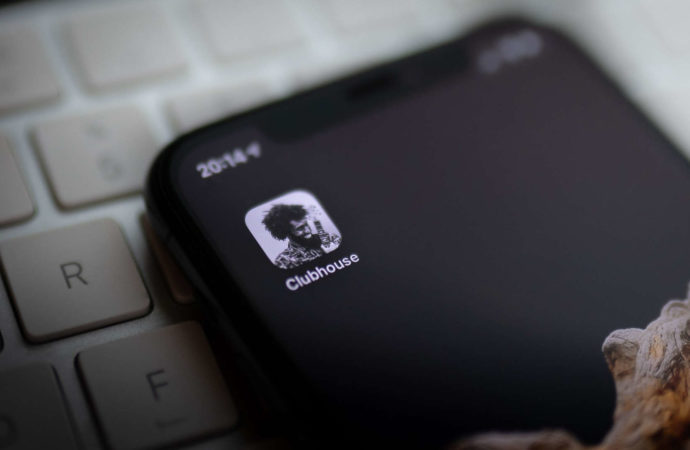Nowadays, it’s hard to keep up with the technological innovations that appear on the market at an increasingly fast pace. While not many people heard about the Clubhouse app just a few months ago, it is now an absolute sensation in every corner of the Internet. Its popularity skyrocketed after it was recommended by Elon Musk himself.
There are two main aspects that work in the app’s favour. Firstly, in order to join Clubhouse, you need to get a special invitation from an existing user. Each user has only two invites available, which enhances the sense of elitism. Secondly, it induces the FOMO effect – the content has to be experienced live and isn’t saved anywhere.
The latter principle, however, has recently been violated after recordings of conversations appeared on an external website. This troubling incident was detected by Stanford University’s Internet Observatory. Clubhouse representatives soon confirmed that there had, in fact, been a data spillage over the past weekend.
One of the application’s users discovered a way to join multiple rooms at once. By connecting to Clubhouse’s API, he could then intentionally share audio chat recordings on an external website. This way, he remained logged in, while anyone who entered the website could listen to the audio chats from the application – without having to get an invite first.
Recording and streaming conversations without the explicit consent of speakers blatantly violates the application’s terms of use. The company assured that it banned the user responsible for the leak and strengthened its security measures. However, users have every right to call these words into question, as similar assurances took place just a week earlier, on February 12. The application’s security was to be improved after researchers from Stanford University’s Internet Observatory found a number of serious vulnerabilities, including the ability to connect IDs to specific user profiles.
It is also worth mentioning that the application’s infrastructure is provided by a Chinese firm called Agora, which has raised concerns that the Chinese government could gain access to Clubhouse data. In response to these warnings, the app’s representatives announced that they improved its security, thus preventing cyber-criminals from stealing data. As it turned out, however, the app is not as private as its creators would like it to be.
This is not the first time that Clubhouse recordings have been published on the Internet – users have already been uploading conversations of famous people, such as Elon Musk or Kevin Hart, to YouTube. So, what lesson can we draw from this story? No conversation we have on the Internet is really entirely private, especially if we use new, not fully tested solutions for this purpose.
Source: BBC










Leave a Comment
Your email address will not be published. Required fields are marked with *